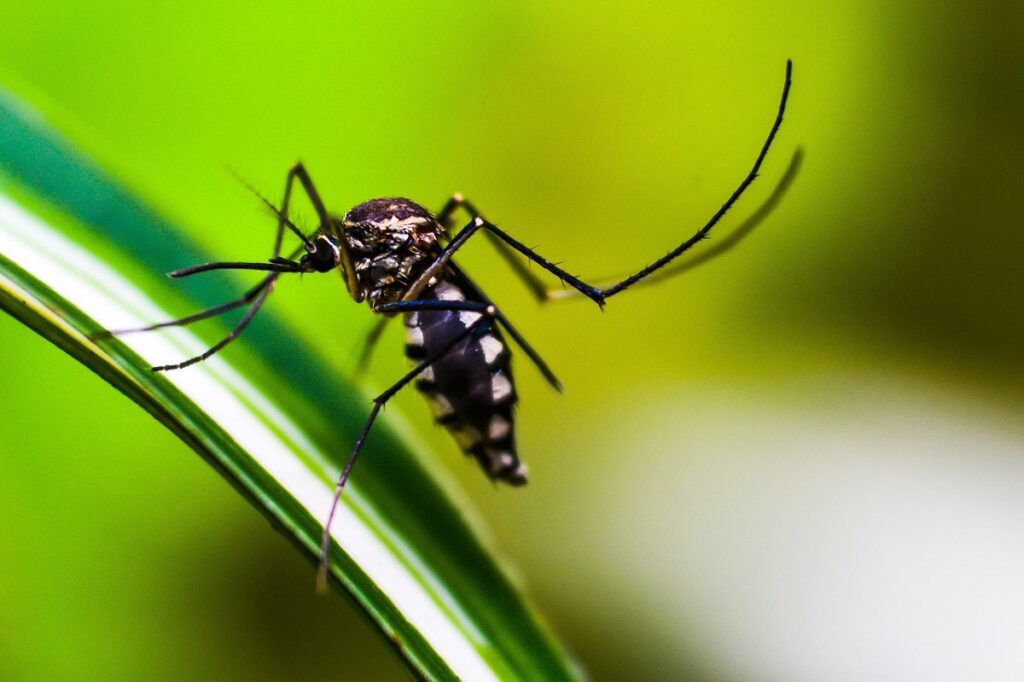Takeda announced the European Commission (EC) authorized the company’s new dengue vaccine for people aged 4 and up.
The European Union approved the two-dose vaccine, QDENGA®, which met its primary efficacy endpoint with a good safety profile, the Tokyo-based biopharmaceutical company said last week.
The Committee for Medicinal Products for Human Use (CHMP) of the European Medicines Agency recommended approval in October 2022.
“The European Commission’s approval marks an important turning point for QDENGA as we are one step closer to achieving our aspiration to help reduce the global burden of dengue. We are proud to introduce QDENGA in many parts of the EU, offering healthcare providers a new tool in dengue prevention for their patients living in the EU and traveling to endemic regions around the world,” said Gary Dubin, M.D., president of Takeda’s Global Vaccine Business Unit.
Approval from the EC was supported by results across 19 Phase 1, 2, and 3 trials with more than 28,000 children and adults, including four and a half years of follow-up data from the global, pivotal Phase 3 Tetravalent Immunization against Dengue Efficacy Study (TIDES) trial, the company press release states.
Takeda is a member of the Biotechnology Innovation Organization (BIO).
Climate change and urbanization exacerbate incidence of dengue

Dengue is an endemic disease in most European overseas countries, territories, and departments in tropical regions. It currently poses a threat to roughly half of the world’s population in over 125 countries, according to Takeda.
“Events of local transmission” have occurred even in non-endemic regions of continental Europe, including France, Italy, Germany, and Spain, Takeda said. Officials typically underestimate the incidence of dengue among European tourists; dengue is a major cause of fever among people returning from endemic locations.
“The approval of the vaccine…is likely to speed its review in many countries outside Europe, such as Mexico, Argentina, and Thailand, where dengue is endemic. Indonesia approved the Takeda shot’s use last summer in people 6 to 45 years,” explained the Wall Street Journal.
Dengue is a virus spread by mosquitoes, predominantly those of the Aedes aegypti, though Aedes albopictus can also spread it to a lesser extent.
In the last 20 years, the incidence of dengue has increased eightfold globally. And it is further increasing due to urbanization and climate change.
The World Health Organization (WHO) listed dengue as one of the top 10 health hazards in the world in 2019.




